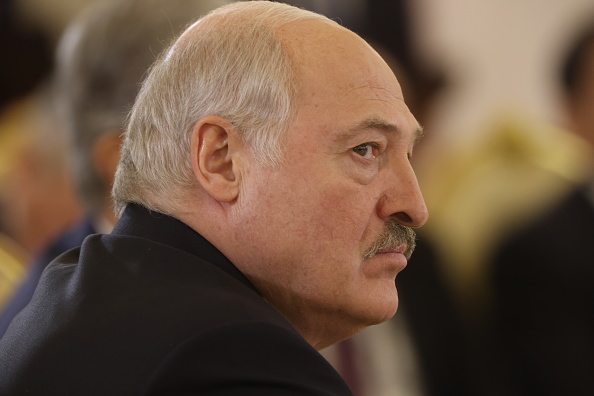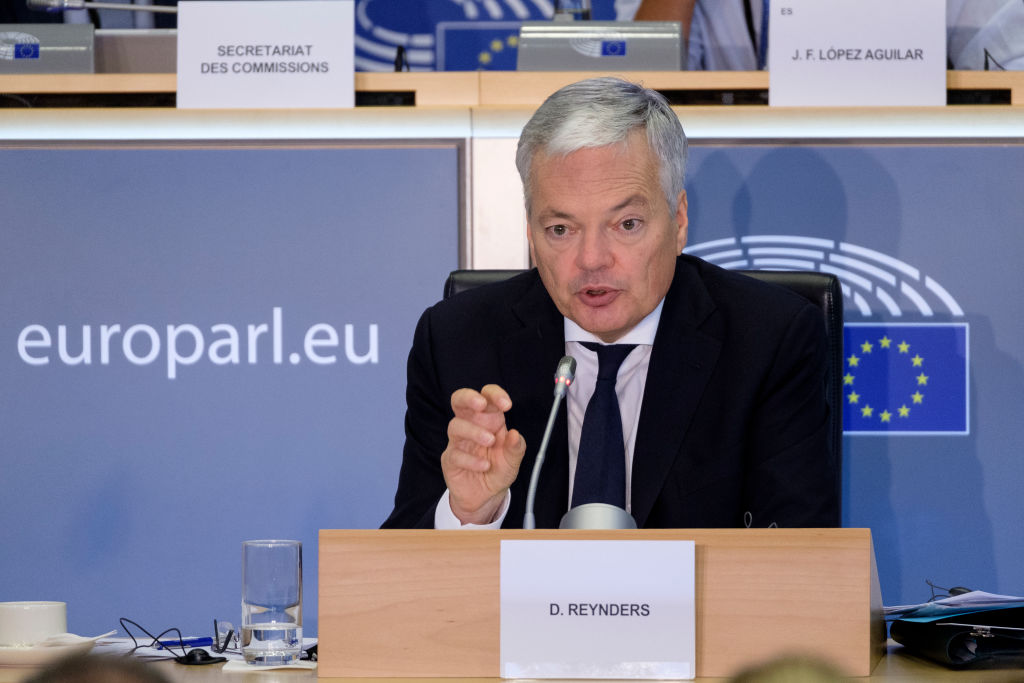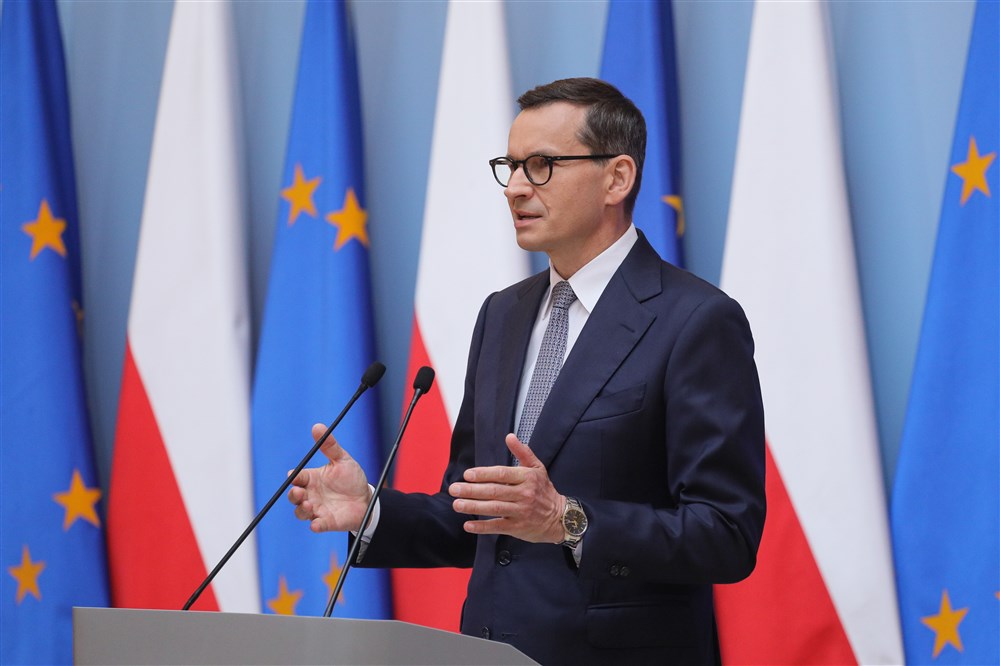Poland’s ruling Conservative Law and Justice (PiS) party on June 16 agreed to water down a law targeting possible Russian influence on Polish policy-making over the past 20 years.
Part of the legislation involved the setting up of a special commission to look into allegations of Moscow’s meddling in government proceedings. The move to limit it came after pressure from both Brussels and Washington, and was pushed forward by Polish President Andrzej Duda.
The law had provoked criticism from the US State Department and the European Commission over its provision to debar individuals from holding office. The EC threatened infringement proceedings against Poland, arguing that it was a violation of democratic principles.
In Poland itself, on June 4, hundreds of thousands of demonstrators took to the streets in support of Donald Tusk and the largest opposition party, the Liberal PO, which he leads and whom, it was claimed, would be targeted by the legislation.
The PiS has decided to bow to EC pressure regarding the alleged rule of law violations. Poland is already facing fines for non-compliance with European Court of Justice rulings and the EC is withholding the country’s €35 billion allocation of post-pandemic funds until the law amendments are completed, specifically with regard to legislation that changes disciplinary procedures for judges.
The ruling party wants the funding issue to be resolved as this autumn’s Polish elections loom and in order to finalise the country’s budget for 2024.
The original legislation contained controversial provisions allowing the commission to debar individuals from holding public office for up to 10 years. This was seen as a potential attempt to block Liberal politicians such as Tusk in relation to alleged dealings with the Russians during their time in office.
Tusk was Poland’s Prime Minister from 2007-2014 and he and his then-ruling PO party are accused by the present ruling party of having entered into unfavourable deals for the purchase of Russian gas and, in 2010, of having handed over the investigation of the Smolensk air disaster to Moscow.
In the face of EC and US protestations, Duda’s new bill proposes to remove the most controversial provisions of the legislation, such as the debarring of individuals from holding office. Instead, the Commission to be appointed by Parliament will only be able to advise that a person is unjsuitable for holding public office. Members of the controversial body will not be drawn from the Polish Parliament.
The ruling party backed Duda’s stance and the amendments were passed in the Polish Lower House of Parliament. The PiS argued that there was a need for alleged Russian influence to be investigated by a special commission, for the sake of public transparency, and that this was more important than any sanctions against individuals found to have been involved. But it has conceded that it is unlikely any interim report into the matter will be ready before the election.
Now that the sanctions have been removed, the law is seen as largely symbolic.





